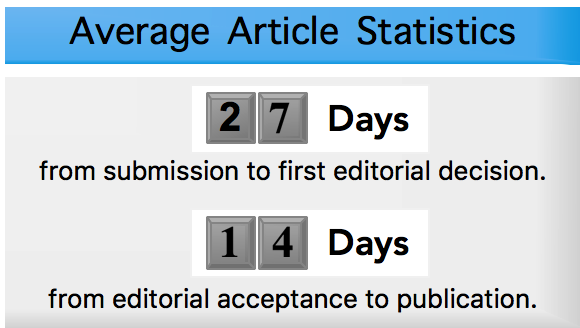Downloads
Abstract
This study was conducted to provide a preliminary assessment on the microbial pollution in the air at some garbage collecting places and waste transferring stations at Ho Chi Minh City. The airborne microbial pollution is becoming more and more important, so the research was carried out to build long-term practical solutions that directly or indirectly protect the environment and ensure the human health. We performed sampling at 3 locations and quantitative analysis - identification for bacteria and fungi that existed in the outdoor air at the collected places of some districts. Samples were collected from 03–06/2019 according to Koch's deposition method. Sampling plate was placed at a height of 1.5 meters above the ground, and the sampling time was 15 minutes. The dish after collecting the sample was placed in the incubator at 37 +/- 1 oC in 24–48 h for bacteria and 25 +/- 1oC in 72–120 h for fungi. The study results showed that the density of bacteria and fungi ranged between 6,408.1–14,599.9 CFU/m3 and 733.6–2.497.6 CFU/m3. In particular, the density of bacteria tended to increase from the morning to the afternoon and decreased slightly in the evening, but the density of fungi tended to increase from the morning to the evening. All strains of microorganisms in the outdoor air were influenced by human activities and environmental factors. Dominant microorganisms were identified including Bacillus pseudomycoides, Bacillus pumilus, Arthrobacter cretinolyticus, Staphylococcus kloossi, Bacillus sp. and the three common fungi including Cunninghamella sp., Aspergillus flavus and Aspergillus brasiliensis. All these microbes are associated with a number of human diseases.
Issue: Vol 4 No SI (2020): Special Issue: Environment and Development (ESD2020)
Page No.: SI11-SI21
Published: Dec 19, 2020
Section: Original Research
DOI: https://doi.org/10.32508/stdjns.v4i1.986
Download PDF = 319 times
Total = 319 times
 Open Access
Open Access 













